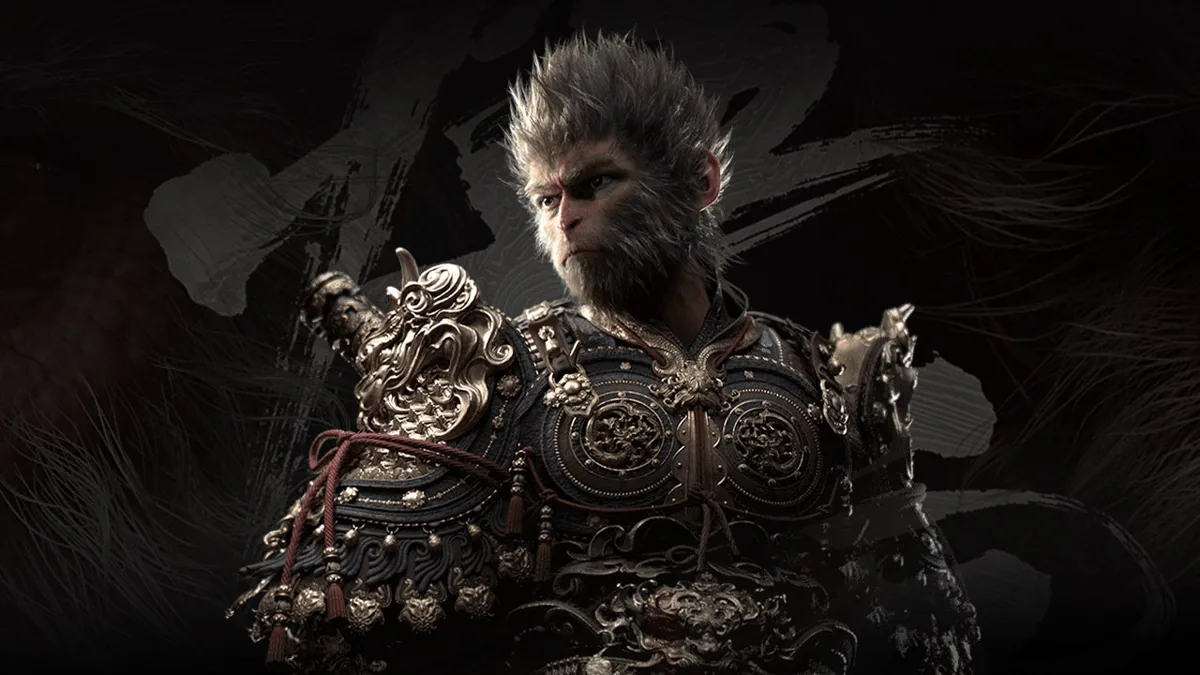According to “Xiaoting Xulu,” Emperor Qianlong of the Qing dynasty ordered Zhang Wenmin to produce a performance, “The Peaceful Raft of Ascension,” depicting the Journey to the West. The script, written by Zhang, was crafted to uphold the idea of “domestic peace,” using the play to reinforce the Qing dynasty’s rule. After Wukong’s defeat by Buddha, the creators added a celebratory scene titled “Taming the Greedy Tiger and Bringing Peace to Heaven.” Wukong, referred to as “the Greedy Tiger,” was portrayed as the disruptive force and enemy of the Qing’s order. The theme of “suppressing the rebellious” ran throughout.
Sounds familiar to Western media tropes regarding revolutionary villains.



Also how political is anyone going to be when adapting Journey to the West? Like you can do vague theming about empires, but it is such a beloved and well known story, and one fundamentally about spirituality, not political intrigue
apocryphally, jttw itself was a satirization of ming bureaucracy through its depiction of the conflict between tang era buddhist and taoist factions of divinity
a lot of issues were overcome on the journey are the result of some god's pettiness/fuckup